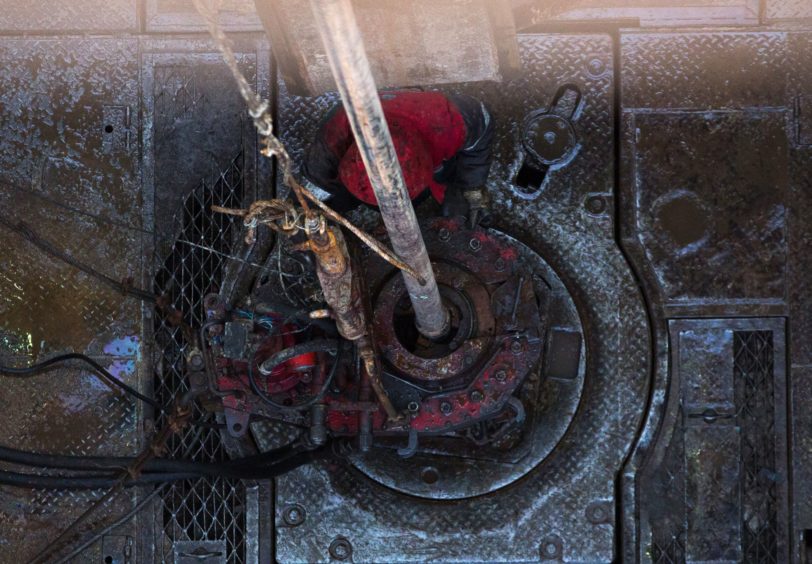
There could be 10 million barrels per day more of supply than demand in March and April this year, according to IHS Markit.
The consultancy said supply from February to May could be 4 to 10 million bpd more than demand, it said, which would see inventories build by 800mn to 1.3 billion barrels. The higher number of this range would stem from increased travel restrictions, reduced commuting and the “likelihood of a severe global economic slowdown continuing in the second quarter”.
Previously, the largest ever half year surplus since 2000 was in the first half of 2015, when this reached 352mn barrels in total.
The current situation, IHS Markit said, might be the “most extreme global oil supply surplus ever recorded”.
One of the outcomes of this would be that US production could fall by 2-4mn bpd over the next 18 months. This would be driven by the swift response from the shale industry and the high decline rates of tight oil wells.
“There has been a dizzying drop in world oil demand and a dramatic pivot in Saudi oil production policy. If this situation persists amidst a recession, it points to the possible build-up of the most extreme global oil supply surplus ever recorded,” said IHS Markit’s vice president and head of oil markets Jim Burkhard. “The last time that there was a global surplus of this magnitude was never.”
The primary driver of this has been the severe drop in oil demand, which accounts for a reduction of at least 4mn bpd in the first quarter. This has been exacerbated by Saudi Arabia’s decision to increase production by 2.6mn bpd from February levels, while Russia has set out plans to increase output by 300,000-500,000 bpd.
The consultancy set out three potential scenarios. A supply truce involving some production restraint would take prices to $40-50 per barrel in the third quarter, an unrestrained scenario in which global demand falls by 5mn bpd for the year with prices falling to the lowest levels in a generation and finally a recovery and reconciliation scenario, which could see production restraint shoring up the market by mid-year.
Recommended for you

